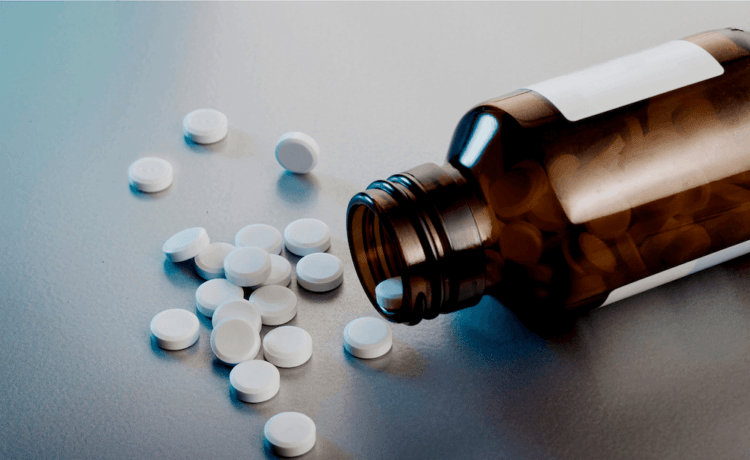Opiate withdrawal symptoms may make detox difficult. Aches, dilated pupils, RLS (restless limb syndrome), restlessness, yawning, anxiety, sweats, nausea, vomiting and nasal congestion are a few of the symptoms of opiate withdrawal.
There are several methods and tactics for lessening the pain of opiate symptoms of withdrawal and speeding up the detoxification procedure.
To maintain the comfort and safety of the individual detoxifying, replacement medications and medical monitoring are often needed. Anyone misusing opiates, whether from legally prescribed pharmaceuticals or illicit street narcotics like heroin, is urged to undergo medical detox. The gold standard for addressing withdrawal symptoms is opiate detoxification in a hospital environment.
Natural Methods for Handling Opiate Withdrawal
Due to how difficult opiate withdrawal may be when done cold turkey, people commonly turn to home remedies. Some individuals may self-treat their opiate withdrawal symptoms by making changes to their lifestyle, such as eating better and exercising more. You should be aware that using natural therapies to manage opiate withdrawal is not recommended. A medical detox program is recommended. Opiate withdrawal symptoms are difficult to manage at home, and many users relapse. Another possible problem needing medical care in a hospital environment is dehydration.
There is little evidence to back the effectiveness of natural opiate withdrawal treatments in research or clinical settings. Some people claim that they have experienced relief after taking plants like ginseng and other mixtures, which they believe may help to restore proper brain chemistry. Treatments for opiate withdrawal that use all-natural techniques, including acupuncture, are often being researched. Home treatments for opioid withdrawal often include vitamins and minerals, such as magnesium and vitamin B, that are frequently low in opioid-dependent people. These options should be used in addition to standard medical treatment. Natural remedies, vitamins, minerals, and supplements are all safe to use, but patients should let their physicians know if they use any.
Exercise
Some people find that exercise can help with opiate withdrawal depending on the severity of the withdrawal symptoms. However, it is advised to exercise just a little since the system is already experiencing stress. Someone undergoing opiate withdrawal may benefit from a relaxing exercise like yoga or a stroll in the fresh air.
Diet Supplements
For people going through opiate withdrawal, foods that restore nutrients and improve digestion are optimal. During opiate withdrawal, which could wreak chaos on the digestive tract, a high-fiber meal may be helpful. Green vegetables, beans, and whole grains are a few examples of foods that are rich in fiber. It’s also essential to make sure an individual undergoing opiate withdrawal gets adequate water and electrolytes. This is crucial if you have vomiting and diarrhea issues
Taylor Recovery Is Here for You
Are you struggling with an opiate addiction? Contact Taylor Recovery Center in Dallas, Texas. One of the numerous specialist therapies we provide is medical detox. Our team develops individualized detox and treatment plans to increase the probability of complete recovery as well as a life free from drug dependence.







